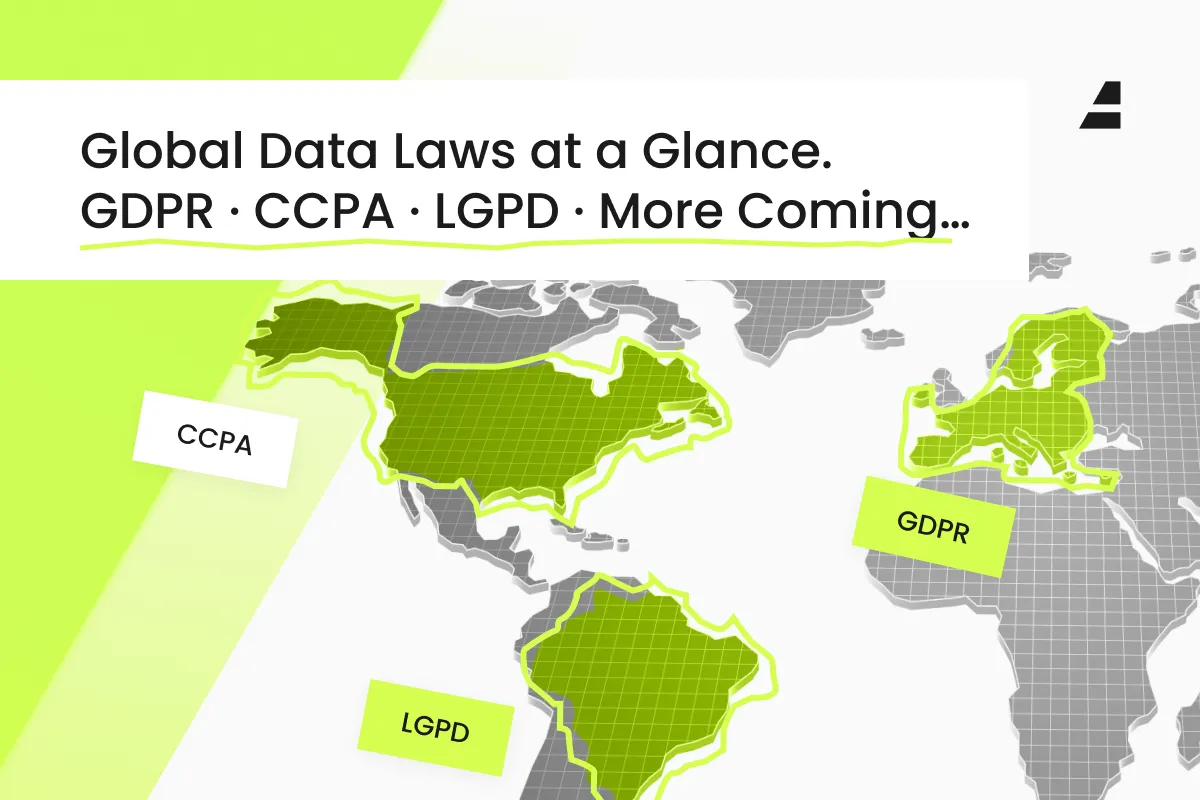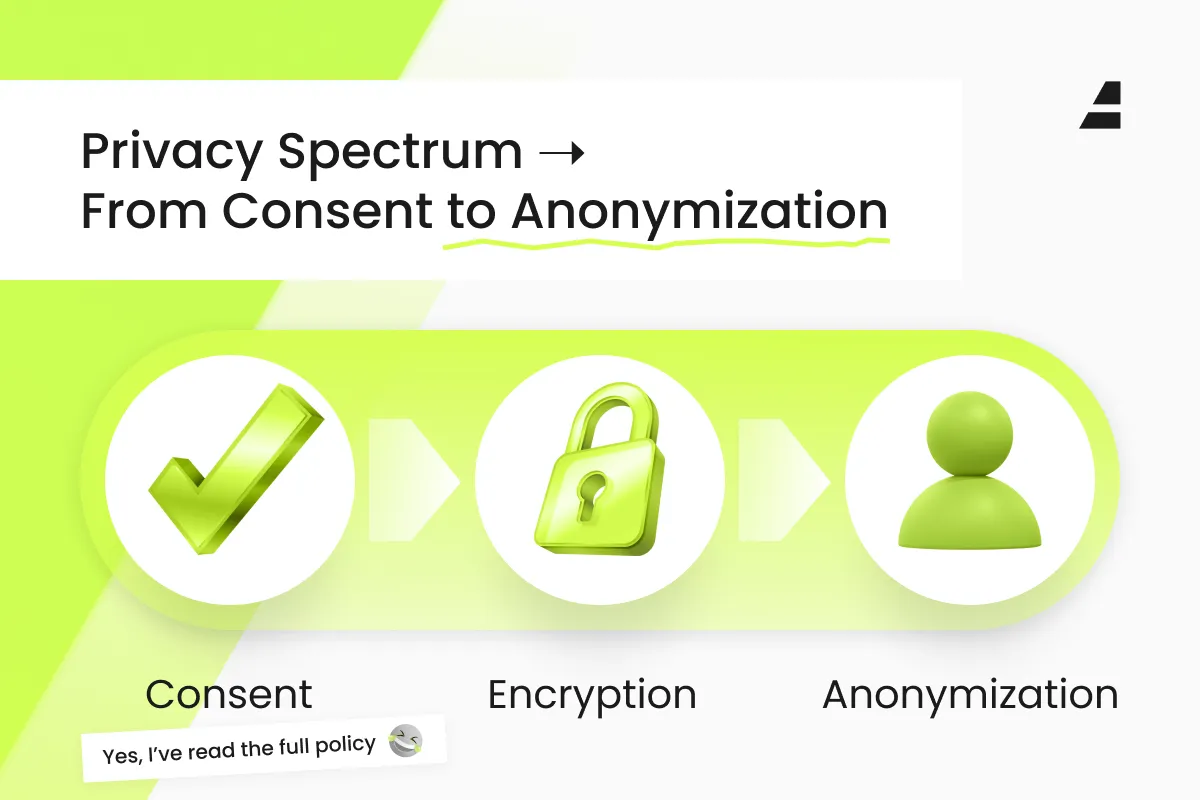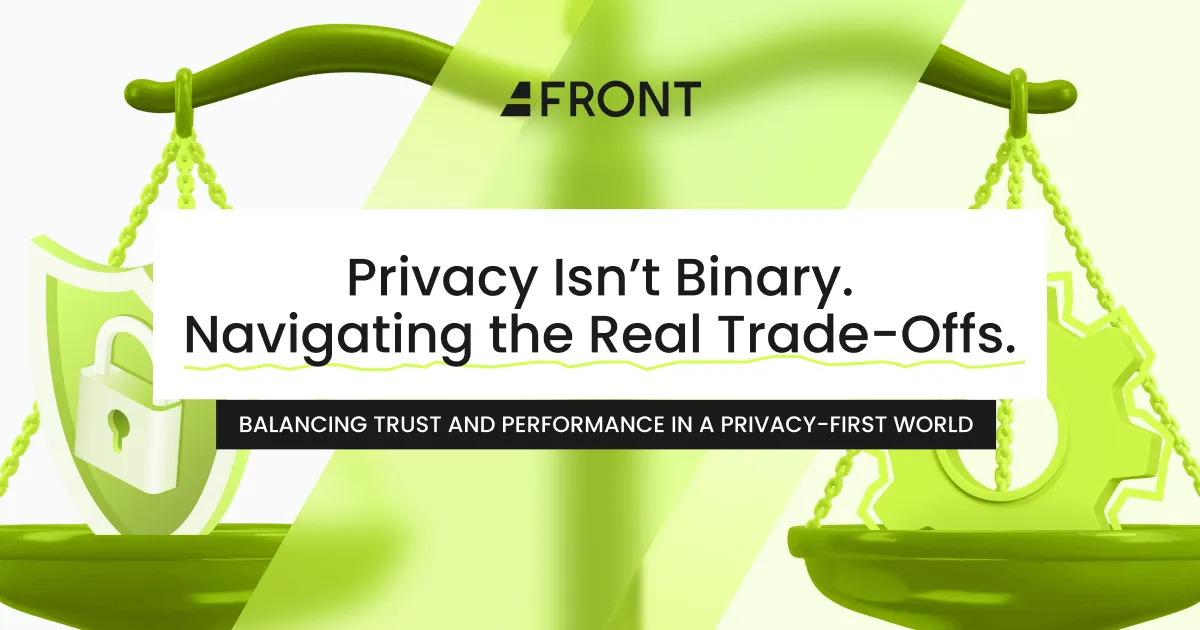For years, marketers and regulators treated privacy as a switch — either “on” or “off.” But the truth is far more nuanced. In today’s digital ecosystem, privacy is about balance: between trust and personalization, compliance and creativity, innovation and responsibility.
Data has become both the fuel and the friction of digital advertising. As new privacy laws reshape the industry, companies are realizing that the question isn’t whether we can collect data — it’s how we collect it, use it, and protect it in a way that benefits everyone.
The FTC’s New Tone: Trade-Offs, Not Absolutes
In recent comments, the FTC’s consumer protection chief made a powerful point: privacy decisions are no longer about absolutes, but about trade-offs. There are no “easy answers.” Protecting consumers while enabling innovation requires nuance, not dogma.
That shift marks a turning point. Regulators increasingly acknowledge that advertising funds the open web and supports content creation — but they also expect the industry to evolve responsibly.
Advertisers now operate in a landscape where consent management, cross-border data flows, and secure identifiers are not just technical details — they’re the foundation of business trust. The companies that succeed won’t be those that resist regulation, but those that design around it.
What Marketers Must Rethink: Consent, Storage, and Data Sovereignty
Marketers can no longer rely on legacy assumptions about user consent or global data portability. Privacy frameworks like GDPR, CCPA, and upcoming state-level acts are redefining how advertisers capture, store, and move audience data.

Map of global data privacy laws showing GDPR, CCPA, and LGPD compliance zones worldwide.
It’s no longer enough to get consent; it’s about maintaining it — through clear user experiences, flexible consent frameworks, and transparent communication. Data storage must now respect regional boundaries, ensuring that what’s collected in one market isn’t mishandled in another.
Cross-border targeting will depend on privacy-enhancing technologies (PETs), encrypted identifiers, and anonymized data exchange. The result is an ecosystem that’s smaller in scale — but infinitely richer in trust.

Privacy spectrum showing consent, encryption, and anonymization — Afront’s model for data protection in adtech.
Afront’s Privacy-First Infrastructure: Compliance by Design
At Afront, we see privacy not as a barrier but as an enabler of better advertising. Our infrastructure is built on the principle of Compliance by Design — where privacy isn’t an afterthought, but a core part of how campaigns are planned, executed, and measured.
Every layer of our programmatic ecosystem — from demand sourcing to real-time bidding — is built to respect user consent and data sovereignty. Afront’s systems support GDPR and CCPA compliance, offer granular user controls, and leverage secure data processing pipelines that eliminate unnecessary sharing.
We focus on what matters most: giving advertisers actionable insights without ever compromising user rights. In practice, that means campaigns can perform at full efficiency while maintaining full compliance — a win-win for brands and consumers alike.

Trust as a KPI in ethical advertising — Afront measures performance through data responsibility and transparency.
The Opportunity: Turning Compliance into Competitive Advantage
Privacy doesn’t have to be a limitation. In fact, it’s becoming a brand differentiator.
As users grow more privacy-aware, brands that demonstrate respect for data and transparency earn something far more valuable than clicks — they earn loyalty. Ethical advertising strengthens reputation, lowers user friction, and improves long-term engagement.
By aligning performance goals with privacy standards, marketers can transform compliance into confidence. The future belongs to those who can build sustainable trust while still delivering measurable ROI — and Afront is helping advertisers do exactly that.
To explore how automation and AI are reshaping DSP access for modern marketers, check out our previous article — AI and the Future of DSP Access: Simplicity Without Sacrifice.
Conclusion
Privacy is evolving from a checkbox into a strategy. It’s no longer about having less data — it’s about having better data, collected transparently and used responsibly.
As digital regulation matures, the line between ethics and performance will blur — and the brands that embrace both will lead the market. At Afront, we believe the future of targeting is ethical, scalable, and built on trust from the start.
The future of targeting is ethical. Afront builds for that. Ready to advertise responsibly? Talk to our experts today.
